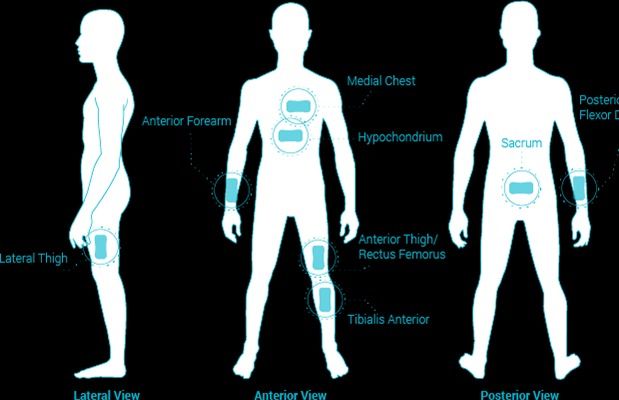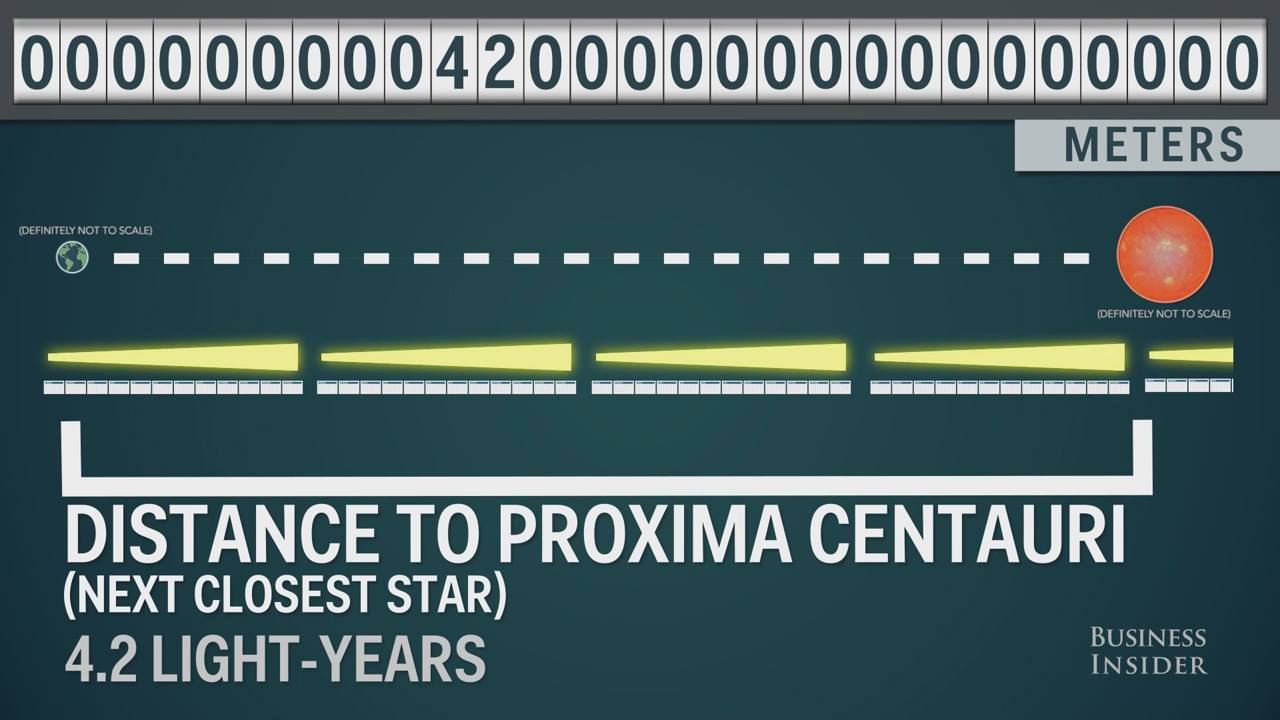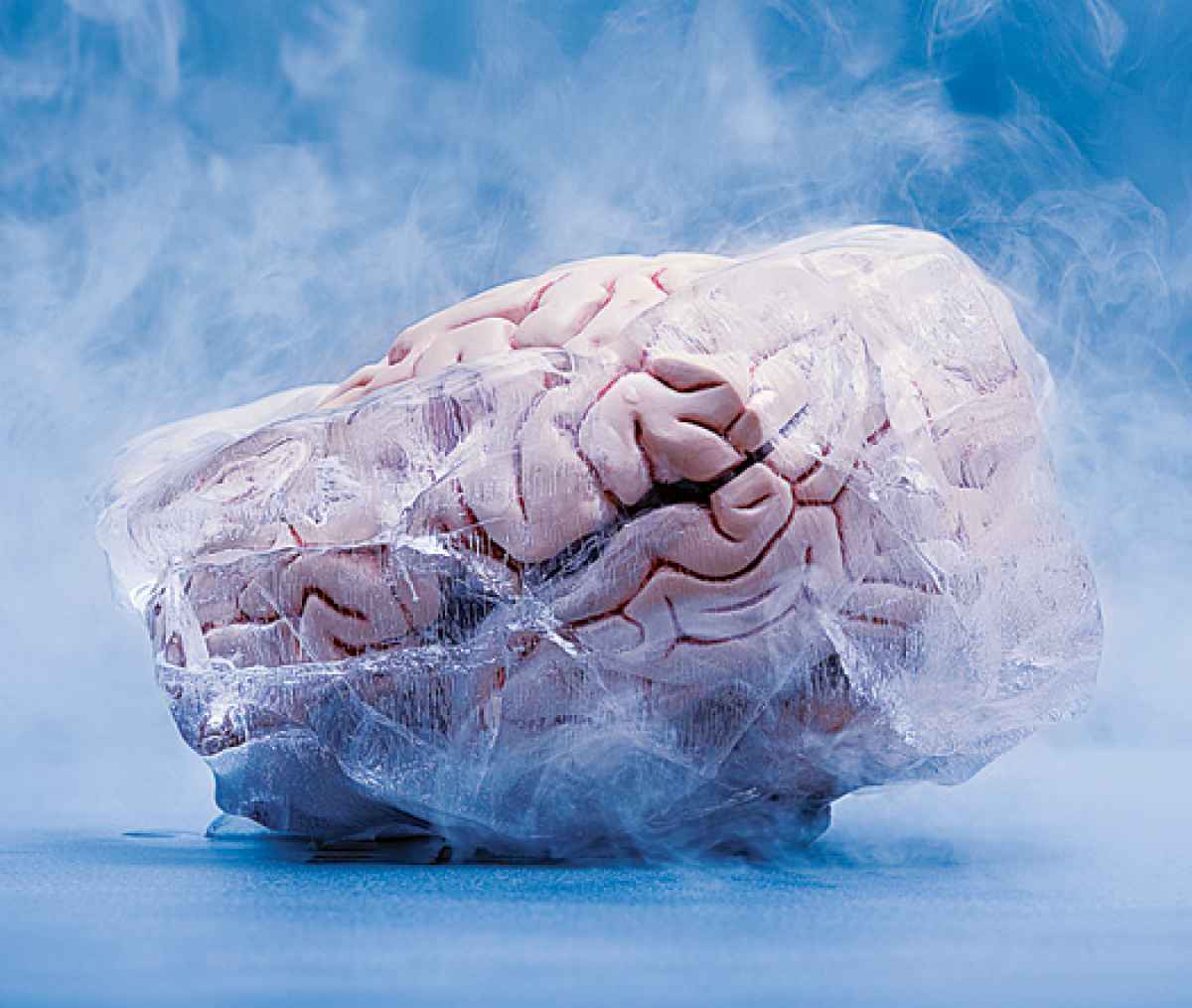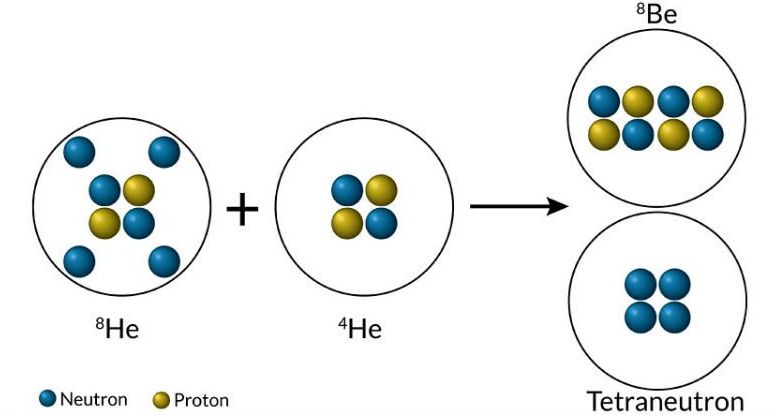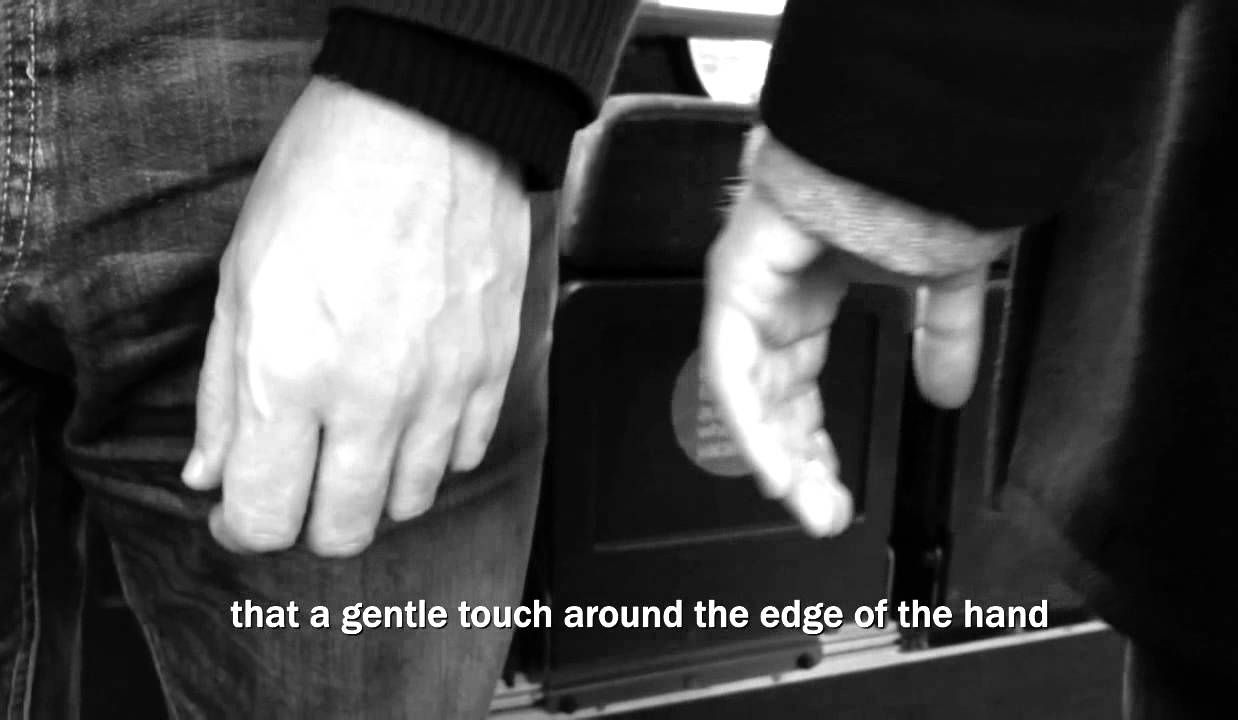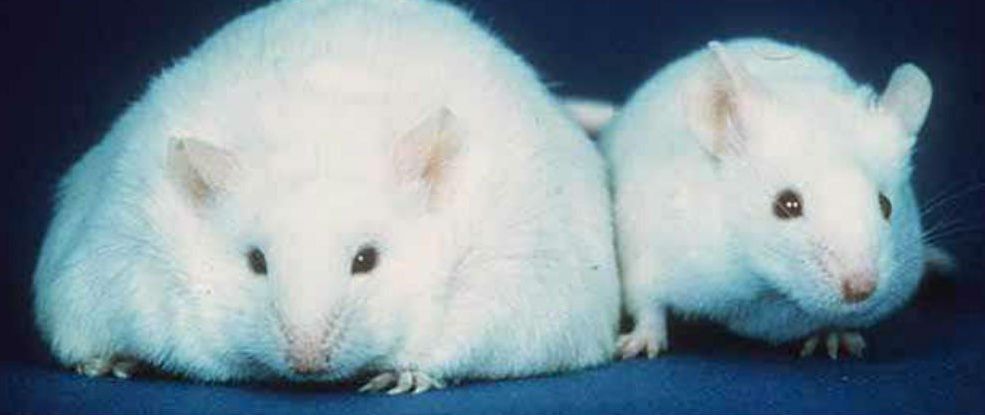Feb 10, 2016
Announcing the Google Internet of Things (IoT) Technology Research Award Pilot — By Vint Cerf | Google Research Blog
Posted by Odette Bohr Dienel in category: internet
“Over the past year, Google engineers have experimented and developed a set of building blocks for the Internet of Things - an ecosystem of connected devices, services and “things” that promises direct and efficient support of one’s daily life. While there has been significant progress in this field, there remain significant challenges in terms of (1) interoperability and a standardized modular systems architecture, (2) privacy, security and user safety, as well as (3) how users interact with, manage and control an ensemble of devices in this connected environment.
It is in this context that we are happy to invite university researchers1 to participate in the Internet of Things (IoT) Technology Research Award Pilot.”


